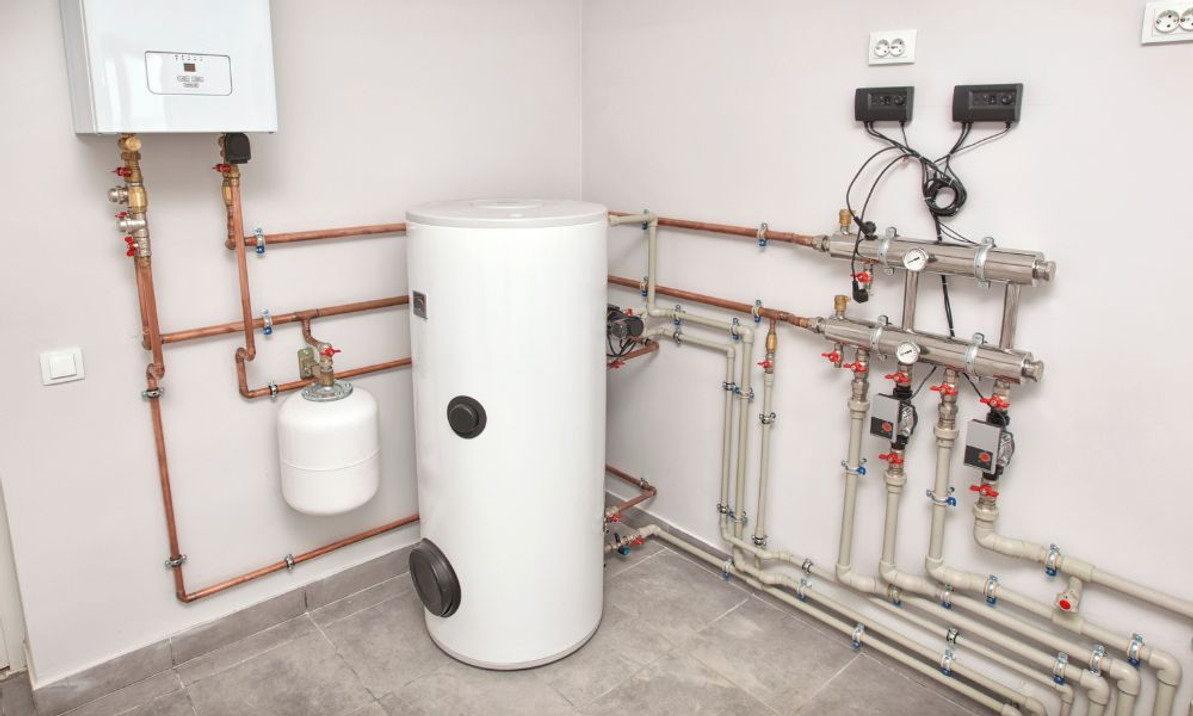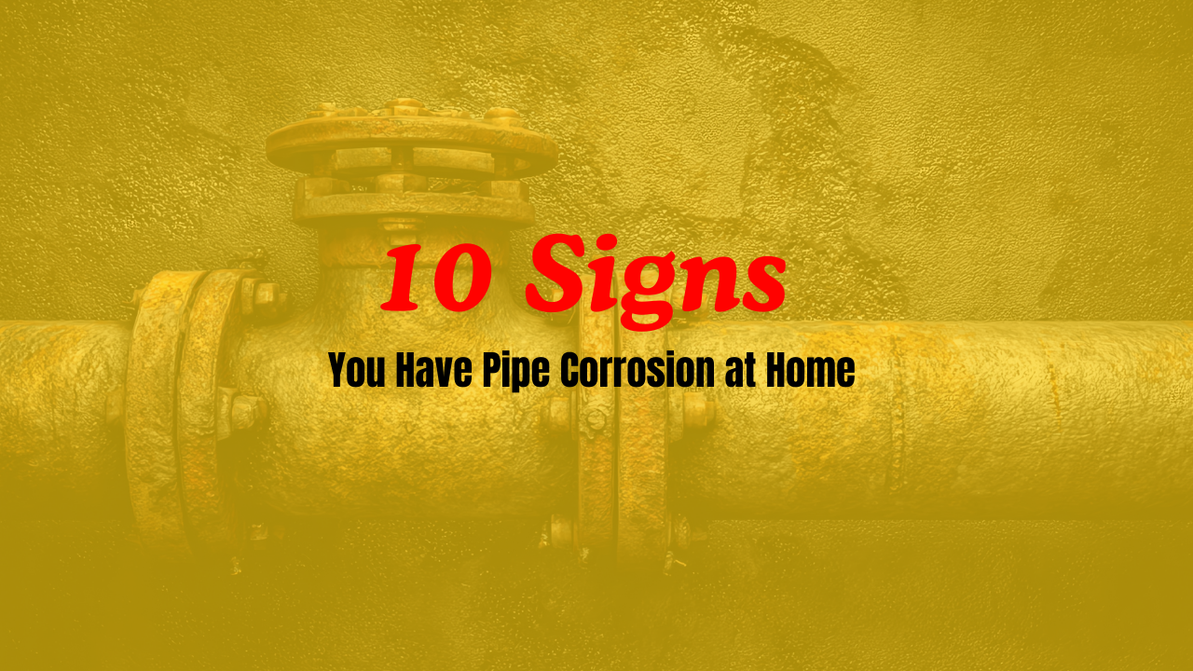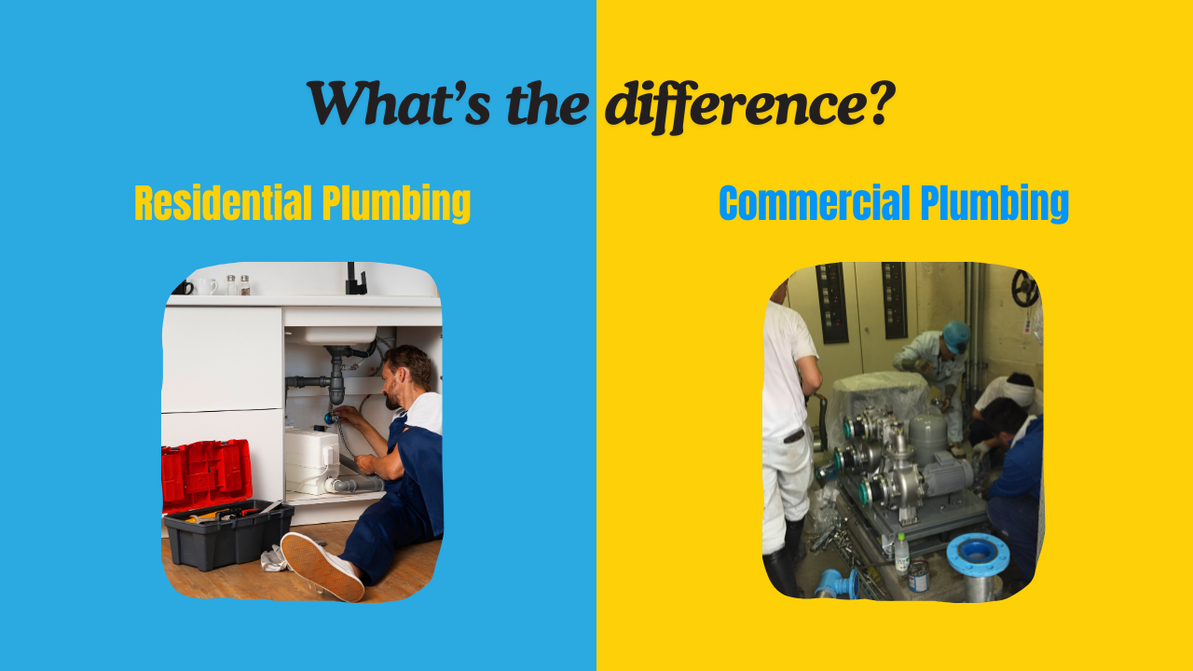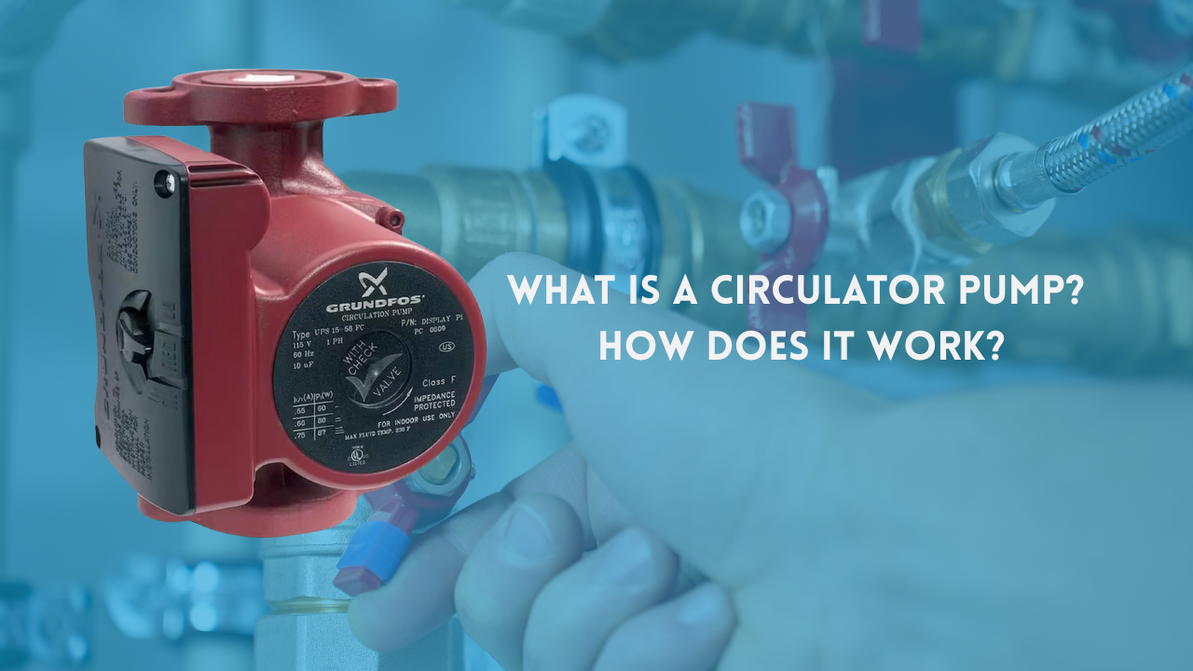The Different Types of Boilers Explained
A boiler is a common device used to deliver heat all over your home or commercial building. It works by carrying either hot water or steam through plumbing pipes to radiators throughout the building. If you need a new boiler, 24hr Supply aims to explain the different types of boilers on the market so you can make an informed buying decision.
Steam vs. Hot Water
No matter what kind of fuel your boiler uses, it will heat the rooms in your building using either steam or hot water.
Steam Boiler
A steam boiler partially fills with water. As it heats up, the pressure inside increases and the water becomes steam, which moves through your pipes to heat the radiators. When the steam heats the radiators, it cools down and becomes liquid water again, running back through the pipes to the boiler for reheating.
Hot Water Boiler
Because a hot water boiler uses water in liquid form, it has a series of pumps that move the hot water toward the radiators. Heat from the water warms the radiators, then the cooled water moves back to the boiler to be reheated.
Gas
A heating boiler that utilizes gas fuel is connected to a pipeline underground. Natural gas is the most common, but rural areas with no natural gas pipeline may use propane instead. The gas ignites the pilot light, which warms up the heating element inside the boiler.
Electric
Boilers fueled by electric power are popular with consumers because they don’t rely on fossil fuels or release exhaust fumes into the atmosphere. The pilot light stays on with electric power, making it a highly efficient choice for budget-conscious consumers and those living in rural areas.
Oil
Oil-fired boilers use two tanks: one for heating water and one for storing the fuel oil. The oil in question is usually a mixture of heating oil and biodiesel. However, older oil boilers are generally not highly efficient in their fuel use, especially if the pilot light is always on.
Whether you’re installing a boiler in a brand-new home or replacing an old boiler that’s reached the end of its life, you’d do well to understand how they work. Familiarize yourself with different types of hot water boilers so that when the time comes to replace an old boiler, you’ll know to install one with the same fuel type and similar dimensions.
Recent Posts
-
What Causes Pipe Corrosion?
Pipe corrosion occurs when metal reacts with water, oxygen, and minerals over time. Factors that spe …Feb 2nd 2026 -
Commercial vs. Residential Plumbing: 15 Key Differences You Need to Know
Plumbing might seem straightforward at first glance, but residential and commercial systems are fund …Feb 2nd 2026 -
What Is a Circulator Pump and How Does It Work?
Water needs to keep moving efficiently in plumbing and HVAC systems, and that’s where a circulator p …Feb 2nd 2026





